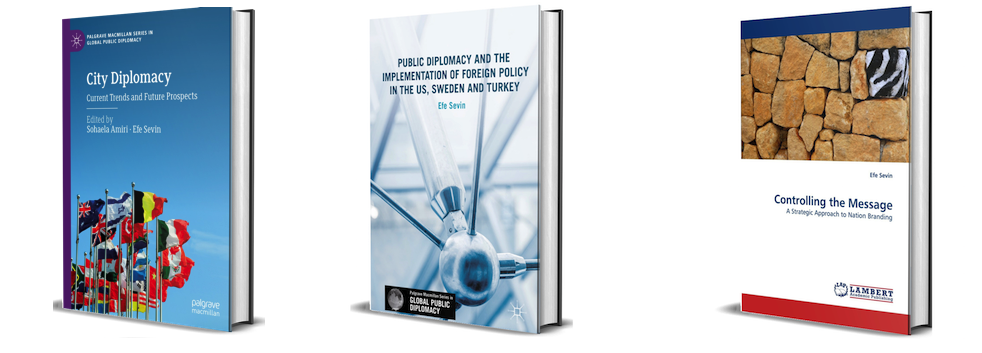Two seemingly unrelated events made me start thinking about competitive cultural advantage in social media.
From Toddlers and Youtube…
Albeit not necessarily its main point, an article published in the Atlantic was discussing the globalization of content on Youtube. ChuChu TV, the example in the article, has over 20 million subscribers, which makes it one of the top 50 channels on Youtube. The channel was based in Chennai, India.
We rarely talk about the country of origin when it comes to digital content. Content is shared on the same platform (Youtube), in the same language (well, mostly, English), with similar formatting (edited in a dilettantish manner). PewDiePie can easily be from any country. His nationality becomes irrelevant.
… to Donald Trump and Voice of America
While I was contemplating my final goodbye to country of origin concept as digital content pushed it towards obscurity, Donald Trump came to the rescue. In his tweet on November 26th, he reminded me that my farewell was premature.

If only there was an outlet that was the Voice of America…I wonder what we would have called that TV station.
Quickly putting aside the fact that Trump has disregarded almost a century-long tradition of international broadcasting in the US with a bad pun on Voice of America, I moved onto comparing some readily available numbers.
A control, or dominance, on cultural production is an invaluable competitive advantage for public diplomacy. The attractiveness of its pop-culture has been such an asset for the US for decades. American movies, for instance, still dominate the list of highest-grossing films. Of course, liking movies does not equate a public diplomacy victory (as I tried to explain in around 300 pages here). But it is an ‘ice-breaker’. There is constant exposure.
Yet, the social media scene is different – the list of most-subscribed Youtube channels tells us a more global story. Most Americans on the list are offline celebrities. I will refrain from making any normative suggestions or causality arguments. It is not the time to invest on training the next generation of patriotic Youtubers. This did not happen because we failed to appreciate the role of soft power or to see the digital wave coming – there is a plethora of work in either field. The question is if the cultural advantage is nullified, how will the practice change?
